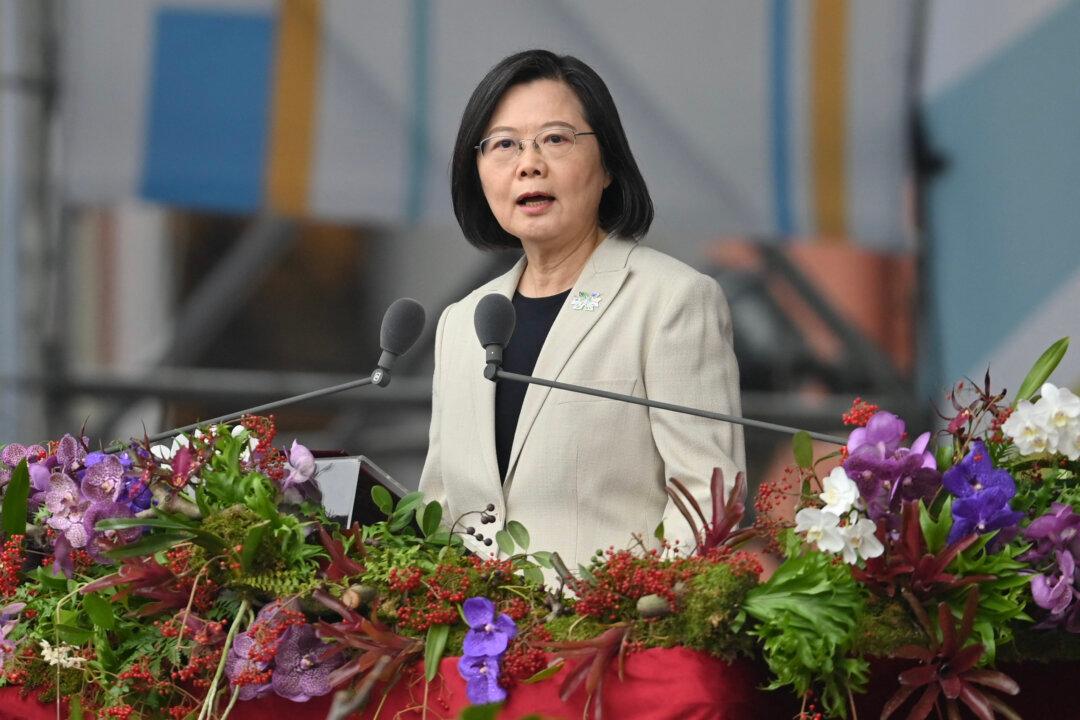Taiwan’s leader said Sunday that her nation is willing to assist China in dealing with its recent surge in COVID-19 infections despite mounting cross-strait tensions with China’s ruling Chinese Communist Party (CCP).
The CCP abruptly abandoned its draconian zero-COVID policy last month as COVID-19 cases surged and mass protests were mounting against the harsh restrictions on life in China. Throughout December, Chinese reported that the nation’s health services were being overwhelmed by the rapid rise in cases.





